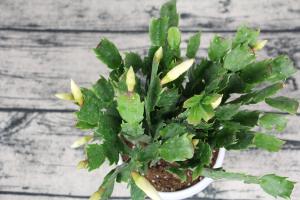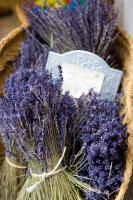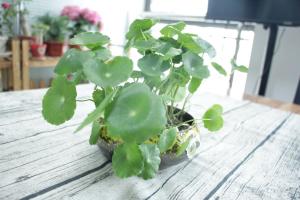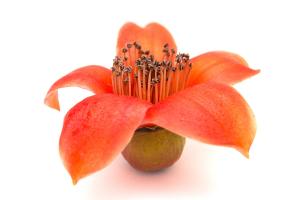What to not Plant Near Tomatoes
Tomatoes are one of the most popular vegetables to grow in a home garden. They are relatively easy to grow and produce an abundant harvest, which makes them a favorite for many gardeners. However, there are certain plants that should not be planted near tomatoes. These plants can affect the growth and overall health of your tomatoes, making it important to know what to avoid when planting your garden. In this article, we will discuss some of the plants that should not be planted near tomatoes and why.
Avoid Planting Nightshade Plants Near Tomatoes
Tomatoes and nightshade plants are part of the same family, Solanaceae. Nightshade plants include vegetables like peppers, eggplants, and potatoes, but also include some common weeds like jimsonweed and bittersweet nightshade. Planting nightshade plants near tomatoes can lead to the spread of diseases and pests that can significantly decrease the health of your tomato plants. For example, planting tomatoes near potatoes increases the risk of blight disease, which is caused by the fungus Phytophthora infestans. Blight can cause black spots on the leaves and eventually kill the whole plant.
Avoid Planting Brassica Family Plants Near Tomatoes
The Brassica family includes vegetables like broccoli, cauliflower, cabbage, and kale. While these plants are great to have in your garden, they should not be planted near tomatoes. Brassica family plants release compounds into the soil that can stunt the growth of tomato plants. This is because the compounds are toxic to the roots of tomato plants, and can make it difficult for them to absorb nutrients and water. Additionally, brassicas are heavy feeders and will compete with your tomato plants for nutrients, which can lead to stunted growth and smaller yields.
Avoid Planting Walnut Trees Near Tomatoes
Walnut trees produce a chemical called juglone that is toxic to many plants, including tomatoes. Juglone is found in all parts of the walnut tree, including the leaves, bark, and roots. Walnut trees can release juglone into the soil, which can make it difficult for tomato plants to grow. The symptoms of juglone toxicity in tomatoes include yellowing leaves, stunted growth, and reduced fruit production. If you have a walnut tree in your garden, make sure to plant your tomatoes in another area to avoid any issues.
Conclusion
While tomatoes are a relatively easy plant to grow, there are a few things to keep in mind when planting your garden. Avoid planting nightshade plants, brassica family plants, and walnut trees near your tomatoes to ensure the health and productivity of your plants. By taking the time to plan out your garden, you can avoid issues and enjoy a bountiful harvest of fresh, delicious tomatoes.

 how many times do yo...
how many times do yo... how many planted tre...
how many planted tre... how many pine trees ...
how many pine trees ... how many pecan trees...
how many pecan trees... how many plants comp...
how many plants comp... how many plants can ...
how many plants can ... how many plants and ...
how many plants and ... how many pepper plan...
how many pepper plan...





























